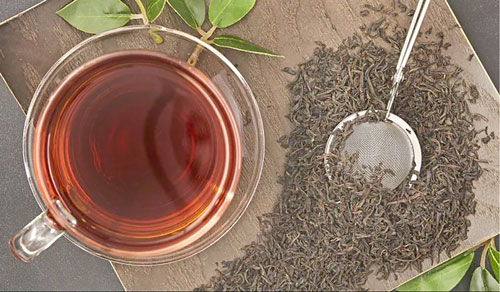Pakistan and China can promote tea on commercial scale through joint ventures, Gwadar Pro reported on Saturday quoting experts.
As potential suitable sites and land for tea cultivation are located alongside China-Pakistan Economic Corridor (CPEC), therefore, China has a big role to play in promoting tea on a commercial scale through joint ventures and technical and financial support, experts said.
China from the beginning has played a crucial role in tea promotion in Pakistan. With the technical and financial assistance of China, at Shinkiari in Mansehra, Pakistan Agricultural Research Council (PARC) established a tea estate of over 50 acres along with green and black tea processing units, but it is yet to be adopted by the private sector on a sustainable basis.
Tea plantation and processing have already proved successful in northern Pakistan. However, its commercialization under the market mechanism needs decision-makers’ attention.
The federal government has engaged private sector companies for experimentation and commercialization of tea. However, the pace and quantum of commercialization have been very slow.
According to the online data platform Observatory of Economic Complexity, Pakistan imported $646 million worth of tea in the fiscal year 2019-20, largely from Kenya.
This has listed Pakistan as the largest importer of the commodity in the world. In the 10 months of this fiscal year, tea imports have jumped by 9% to $532.4 million, compared with $580.5 million in the entire FY 2020-2021.
In view of the growing population and increasing consumption of tea in Pakistan, the government is working out a plan to commercialize tea cultivation for curtailing the import bill to this effect.
Talking to media, Federal Minister for Planning and Development Ahsan Iqbal said on Thursday that a huge chunk of foreign exchange is spent every year on importing tea in Pakistan.—INP










